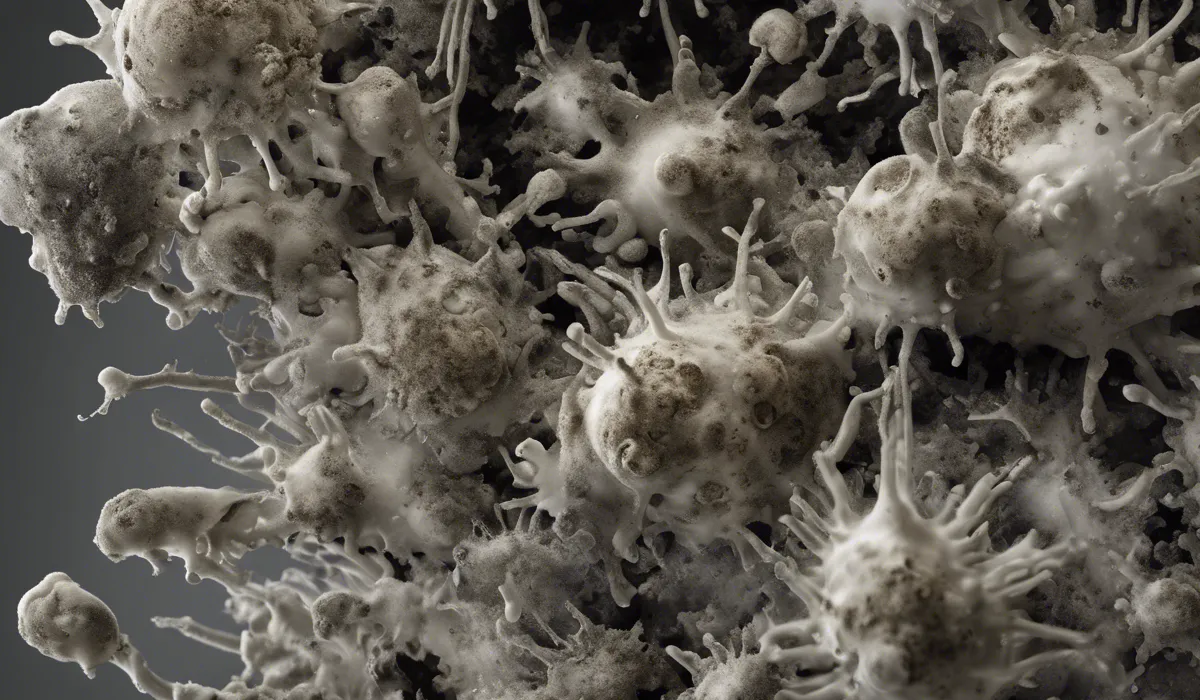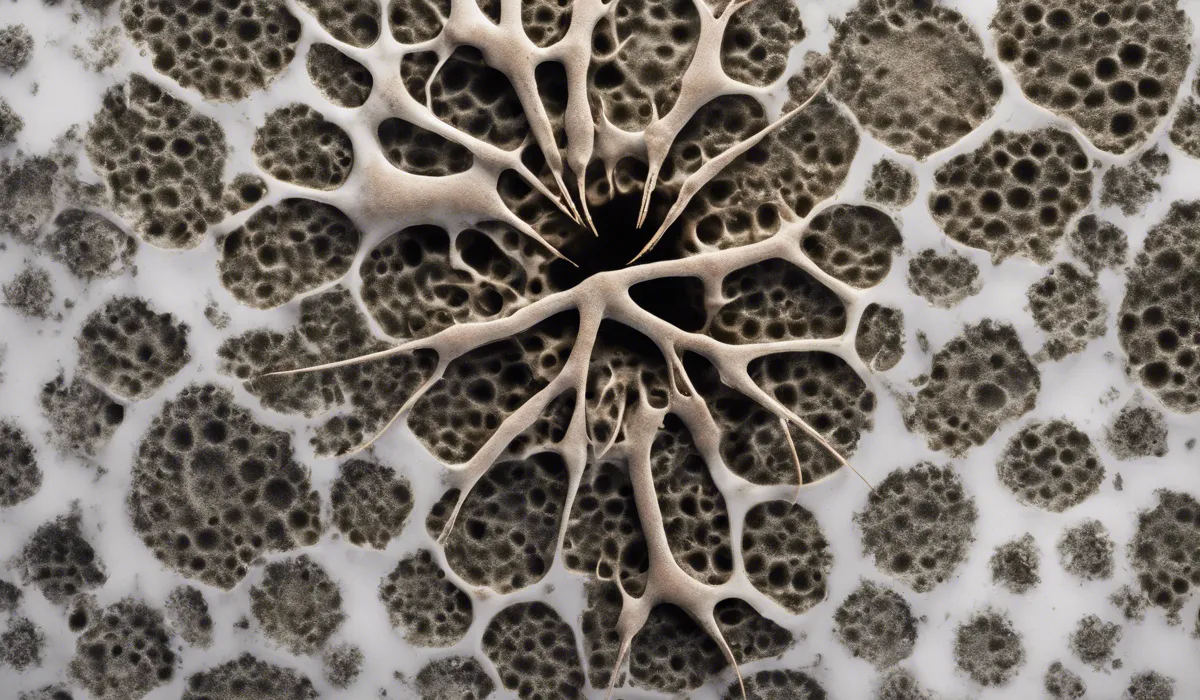Yes, mold is a decomposer. It breaks down dead organic matter, recycling nutrients back into the ecosystem. Mold’s role as a decomposer is crucial for maintaining environmental balance.
Understanding Mold and Its Role in the Ecosystem

Definition of Mold
Mold is a type of fungus that grows in the form of multicellular filaments called hyphae. Unlike plants that make their food through photosynthesis, molds thrive by absorbing nutrients from the materials they grow on.
They are found almost everywhere in the environment, both indoors and outdoors, and can appear in a variety of colors, including black, white, orange, green, and purple.
The Role of Decomposers in Ecosystems
Decomposers play a critical role in ecosystems by breaking down dead and decaying organisms.
They turn complex organic materials into simple nutrients, which then become available for uptake by plants.
This recycling of nutrients maintains the health of the soil and ensures the continuity of the ecosystem.
How Mold Fits into the Category of Decomposers?
Mold is a decomposer because it has the unique ability to break down a wide variety of organic substances.
By doing so, it helps to recycle nutrients back into the ecosystem, making it an essential player in maintaining environmental balance.
Molds are especially efficient at decomposing substances that other organisms find difficult to breakdown, such as cellulose and lignin, which are components of wood and plant fibers.
Decomposition Process Facilitated by Mold

Types of Organic Matter Mold Decomposes
Molds are not picky eaters. They decompose a range of organic matter, such as leaves, wood, paper, fabric, and food.
In nature, this helps clear away plant litter and fallen trees. In our homes, it can be a problem when mold breaks down materials we want to keep, like drywall or leather.
Conditions That Favor Mold Growth and Decomposition
Mold loves damp, warm, and humid conditions. Molds typically flourish when the temperature is between 77°F and 86°F (25°C and 30°C), with a relative humidity of 70% or higher.
They also prefer environments with little light and poor airflow, which is why we often find them in basements and bathrooms.
Enzymatic Digestion and Nutrient Recycling
When mold lands on a suitable material, it grows by producing enzymes that break down the substrate into smaller molecules.
These molecules are then absorbed through the mold’s cell walls. Through this process, mold converts dead matter into forms that plants can use.
This cycle is vital for the health of ecosystems as it ensures that nutrients are continuously made available to the living organisms within them.
Impacts and Implications of Mold as a Decomposer

Benefits of Mold in Natural Settings and Human Industries
In the wild, mold plays an invaluable role in breaking down organic waste and returning nutrients to the soil.
Without mold, leaves, dead trees, and other organic matter would pile up, and nutrients would be locked away, unavailable to other life forms.
In human industries, molds are used in the production of certain foods, like cheese, and medicines, such as antibiotics. They are also employed in bioremediation to clean up environmental contaminants.
Potential Health Risks Associated with Mold Exposure
While mold is beneficial to the ecosystem, it can have negative effects on human health. Exposure to mold can lead to allergic reactions, asthma attacks, and other respiratory issues.
Some molds produce mycotoxins, which can cause serious health problems when ingested or inhaled, especially in large quantities or over prolonged periods.
Managing Mold Growth for Environmental and Health Considerations
It is important to manage mold growth to protect human health and maintain clean indoor environments.
This can be done by controlling moisture levels in buildings, ensuring good ventilation, and fixing leaks promptly.
If mold is found, it should be removed safely, following proper guidelines to prevent its spread and the potential for health risks.
FAQs About Mold as a Decomposer
What is the role of mold in the ecosystem?
Mold acts as a decomposer, breaking down dead organic matter and recycling nutrients back into the environment.
Why is mold considered important for environmental balance?
Mold’s decomposition process is essential for nutrient cycling and supporting plant growth, which maintains the balance of ecosystems.
Can mold decompose any type of material?
Mold primarily decomposes organic materials such as wood, leaves, and food waste, but is less effective on inorganic materials.
Does the presence of mold have any benefits to soil quality?
Yes, the decomposition activity of mold improves soil fertility by breaking down organic matter into nutrients that plants can absorb.
Is mold decomposition harmful to humans or animals?
Mold plays a beneficial role in ecosystems, but certain molds can be harmful when inhaled or ingested by humans or animals, causing health issues.
Final Thoughts
Mold plays an indispensable role in ecosystems as a decomposer. By breaking down dead organic matter, it recycles nutrients, facilitating new growth and contributing to ecological equilibrium.
This process underscores the significance of mold in sustaining the cycle of life and environmental health.
